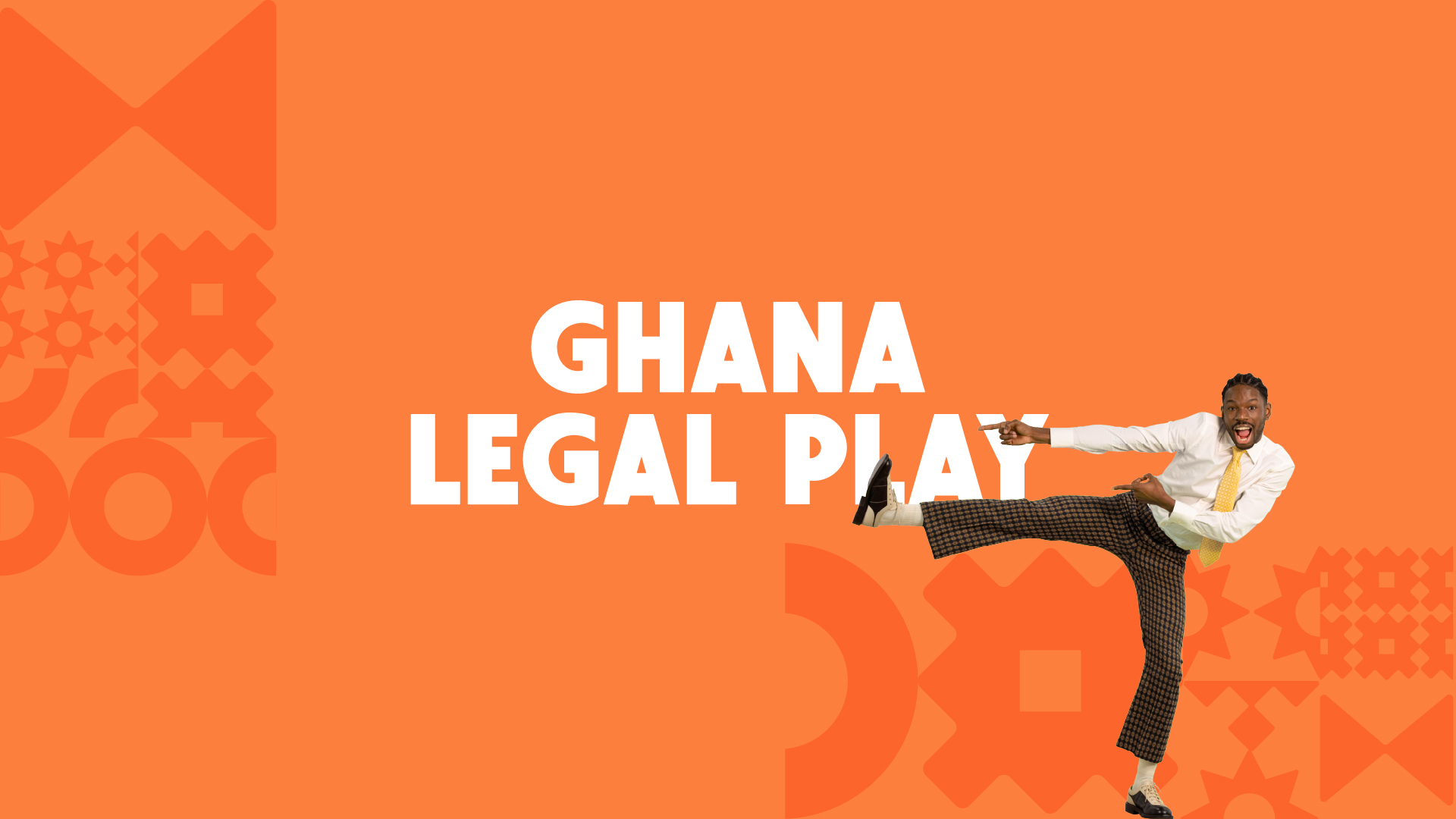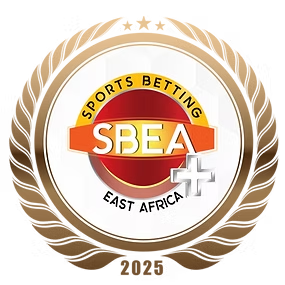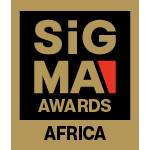With over 41% of Ghanaians placing a sports bet in the past year and a young, digitally active population averaging just 21 years old, Ghana stands out as one of West Africa’s most vibrant betting markets.
Driven by a national passion for football and rapid smartphone adoption, the country is shifting fast from physical kiosks to online and mobile betting platforms.
For operators and iGaming platform providers, navigating betting in Ghana means understanding a market full of opportunities—but also one governed by a clear and evolving regulatory framework.
This guide outlines how Ghana regulates its betting industry, the key steps to obtain a licence, and what businesses need to build a compliant, trustworthy, and scalable iGaming operation.
The Legal Framework for Betting in Ghana
Ghana regulates its betting ecosystem primarily through the Gaming Act, 2006 (Act 721), with oversight provided by the Gaming Commission of Ghana (GCG).
The Commission’s jurisdiction covers a broad range of “games of chance” — including sports betting (land-based and online), casino gaming, route operations, promotional games and slot machines.
Under the act, any operator — local or international — must obtain a licence from the GCG before offering betting services in Ghana. The regulator is tasked with ensuring fair play, safeguarding players and enforcing responsible-gaming standards.
While many operators apply the minimum betting age of 18 years, it is also essential to comply with advertising rules: promotional material must avoid targeting minors, misleading claims or fostering irresponsible gambling behaviour.
Understanding these regulatory fundamentals is your first step. From here, the next phase is preparing to meet the GCG’s operational, financial and technical licence prerequisites.
Licensing Requirements for Operators
To operate legally, both online and land-based betting businesses must obtain a license from the Gaming Commission. The process involves several steps and strict documentation requirements aimed at verifying financial integrity and operational competence.
Key Requirements
To secure a licence from the Ghana Gaming Commission (GCG), applicants must meet a series of fundamental criteria that reflect both operational readiness and regulatory integrity. These include:
- Local Incorporation: The applicant company must be registered in Ghana, typically as a private limited liability company under the Companies Act 992 (or the previous Companies Act). One of its directors should be resident in Ghana.
- Minimum Capital: The operator must demonstrate sufficient paid-up capital and financial stability. For purely foreign-owned sports betting licences, some sources indicate minimum capital requirements in excess of USD 2 million, though actual thresholds are set case by case by the GCG.
- “Fit and Proper” Criteria: Directors, shareholders and senior management must pass due diligence checks (criminal records, financial history, AML compliance) and the company must undergo ongoing integrity screening.
- Technical Infrastructure and auditability: Applicants must provide a platform with secure gaming and payment systems, able to track player activity, report transactions, and preserve audit trails that meet GCG supervision standards.
- Office and Staff Presence: A registered office in Ghana and local operational staff are typically required to ensure transparency, local oversight and engagement with regulatory bodies.
After approval, licences typically last one year and require renewal. Renewal conditions often include updated financial statements, tax clearance certificates, and evidence of continued compliance with GCG regulations.
Compliance does not end at licence grant — maintaining a legally sound operation in Ghana means treating regulatory obligations as a continuous commitment, not a one-time hurdle.
Compliance, Taxation, and Responsible Gaming
Licensed betting operators in Ghana face ongoing regulatory scrutiny, enforced by the Gaming Commission of Ghana (GCG) and the Ghana Revenue Authority (GRA). Regular inspections of systems, audits of financial accounts, and strict reporting requirements are the norm — non-compliance may result in significant penalties or licence revocation.
Taxation key facts:
- A 20% tax is applied on the operator’s Gross Gaming Revenue (GGR) across most games of chance, under the Income Tax (Amendment) Act 2023.
- Withholding tax: A 10% withholding tax on player winnings was introduced, but officially abolished in April 2025, meaning players no longer pay this levy.
Operators must also embed robust responsible gaming (RG) measures: from self-exclusion tools and deposit limits to transparent advertising practices and age-verification (minimum 18 yrs) across land-based and online platforms. Continuous system monitoring and player-behaviour analysis must feed into a compliance-first operational model.
To build a sustainable operation in Ghana, obtaining the licence is just the start — ongoing compliance, transparent reporting, and responsible-gaming frameworks are business imperatives, not optional extras.
Building a Compliant Online Betting Platform
When targeting Ghana’s regulated market, online betting platforms must align with the technical and operational standards set by the Gaming Commission of Ghana (GCG). These expectations go beyond basic game-offering and include:
- Secure payment gateways that support local currency (Ghanaian cedi) transactions and integrate with recognised payment providers or mobile-money platforms.
- Player verification systems (KYC) designed to prevent under-age gambling, fraud and money-laundering, in line with Ghana’s AML and player-protection requirements.
- Data-security frameworks compliant with the Data Protection Act 2012 (Act 843), including encryption, access controls and secure storage of personal data.
- Automated reporting and monitoring tools able to track player activity, bet history and transaction flows, and deliver audit-ready data to the GCG when required.
Partnering with an experienced iGaming technology provider can simplify your entry: a white-label, ready-to-licence solution that supports Ghana-specific regulatory compliance, local payments, multilingual UI and built-in reporting.
Want to explore more about entering Africa’s emerging iGaming markets? Read our guide on audit standards to enter the African iGaming market.
The Future of Betting in Ghana
Ghana’s betting industry is set for sustained growth, driven by mobile connectivity, digital payment adoption, and increasing regulatory maturity.
The Gaming Commission of Ghana continues to strengthen its oversight, creating a safer and more predictable environment for both operators and players.
However, in such a competitive and regulated market, success depends on more than obtaining a licence — it requires long-term trust, transparent systems, and a secure technological foundation.
By adhering to GCG standards and integrating compliance-ready tools from proven providers, operators can accelerate market entry and ensure their platforms meet both regulatory and player expectations.
At PlaylogiQ, we help operators build fully compliant, customizable iGaming platforms tailored for local markets like Ghana — with integrated KYC systems, GGR reporting tools, and secure mobile payment options.
Whether you’re launching your first betting brand or expanding across Africa, our white-label solutions make compliance and scalability simple from day one.
In summary, betting in Ghana offers huge potential — but regulatory compliance, player protection, and technological readiness are the keys to long-term success.


